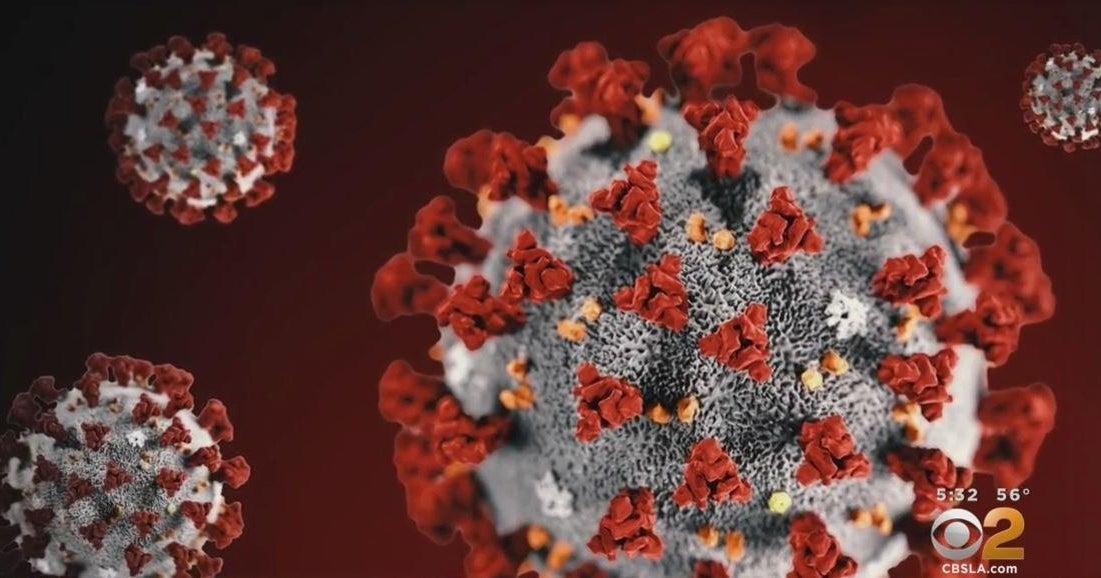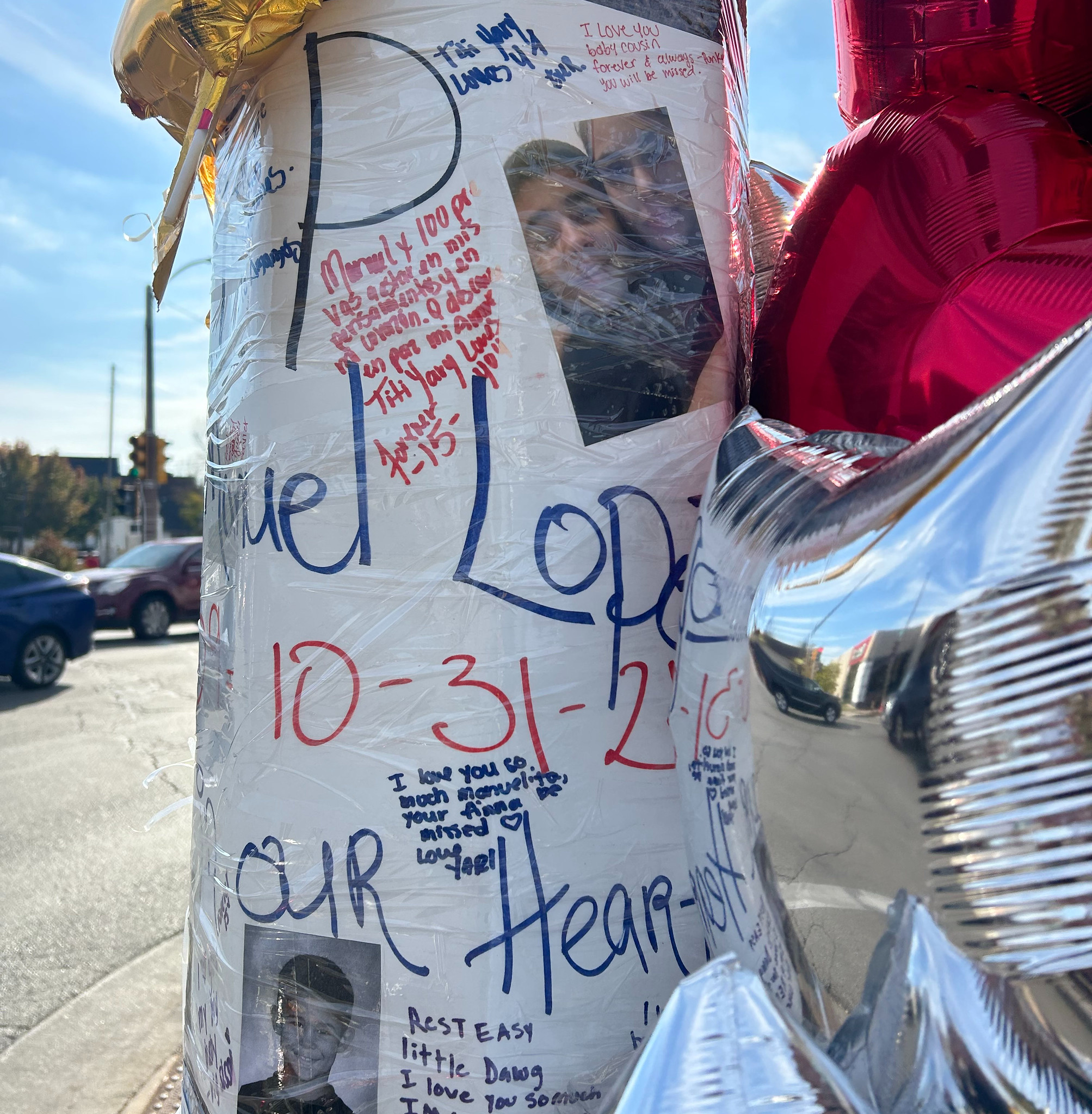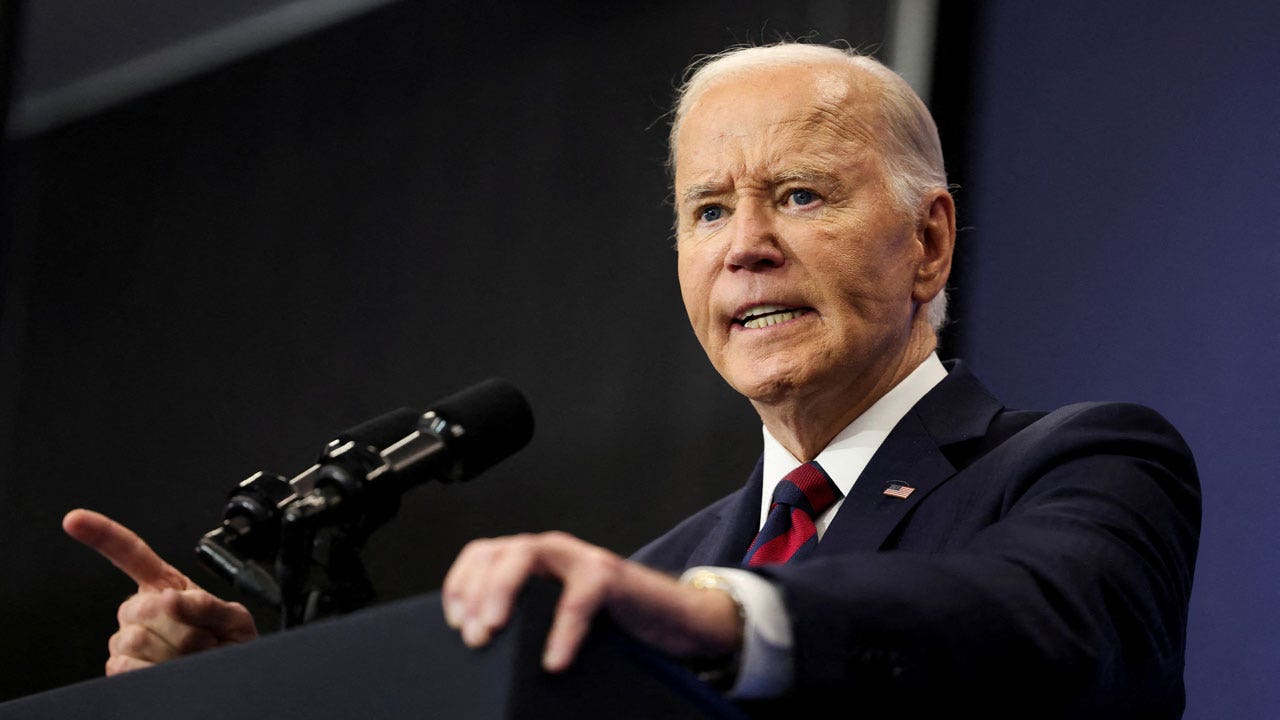Illinois
COVID-19 public health emergency ends Thursday in US, Illinois

Some private insurers may begin charging for COVID tests
Thursday, May 11, 2023 9:56AM
CHICAGO (WLS) — The U.S. government will end the COVID-19 public health emergency Thursday.
It allowed millions of Americans to receive vaccines, tests and treatments at no cost. Illinois will also end its emergency.
The ending of the public health emergency means some changes may come in regards to testing.
Telehealth and some healthcare benefits including to Medicare and Medicaid may be impacted. They will still pay for lab-based PCR tests and Medicaid will continue to pay for at-home tests. But private insurance companies may charge co-pays for those tests.
Since the start of the year, Chicago has seen over 32,000 recorded COVID cases and more than 100 deaths.
Nationwide, weekly cases and hospitalizations are down drastically from previous years, although COVID is being blamed for the deaths of 1,100 people weekly across the country.
“I think for some people this is going to seem very arbitrary and accelerated that the emergency part of this pandemic is coming to an end,” Dr. Sanjay Gupta, CNN medical correspondent, said. “For other people, they’re going to say ‘Hey look, months ago, maybe even a year ago, I was sort of through this.’”
The World Health Organization ended it’s global health emergency status for COVID last week.
According to their data, there have been more than 700 million confirmed cases worldwide since the pandemic started.
In Chicago, a group called People’s Response Network plans to hold a press conference Thursday calling on Mayor-elect Brandon Johnson about the COVID emergency cancellation and rebuilding the Chicago department of health.
Copyright © 2023 WLS-TV. All Rights Reserved.

Illinois
Calumet City, Illinois police officer receives special thank-you from family he helped

Watch CBS News
Be the first to know
Get browser notifications for breaking news, live events, and exclusive reporting.
Illinois
Illinois Department of Natural Resources hosting New Year’s Day hiking event
:quality(70):focal(469x529:479x539)/cloudfront-us-east-1.images.arcpublishing.com/shawmedia/6TANQTVQU5H2ZJBNC4PCLWDTKQ.jpg)
DIXON – The Illinois Department of Natural Resources wants outdoor enthusiasts to start the year off on the right foot with a First Day Hike at an Illinois state park on Wednesday, Jan. 1.
The IDNR is hosting free, self-guided hikes at 15 state parks across Illinois on New Year’s Day. These parks will feature stickers and special photo opportunities for hikers, who are encouraged to share photos and videos of their hikes on social media using the hashtags #ILStateParks and #FirstDayHikes.
“There’s no better way to clear your head, say goodbye to the stress of the holidays, and welcome a new year than to get outdoors for some fresh air and exercise,” IDNR Director Natalie Phelps Finnie said. “The trails at Illinois state parks are ready and waiting for you.”
The following is a list of participating state parks:
- Beall Woods State Park in Wabash County
- Beaver Dam State Park in Macoupin County
- Cache River State Natural Area in Johnson County
- Castle Rock State Park in Ogle County
- Eagle Creek and Wolf Creek State Park in Shelby County
- Eldon Hazlet State Recreation Area in Clinton County
- Ferne Clyffe State Park in Johnson County
- Fox Ridge State Park in Coles County
- Giant City State Park in Jackson County
- Illinois Beach State Park in Lake County
- Pere Marquette State Park in Jersey County
- Rock Island Trail State Park in Stark County
- Sand Ridge State Forest in Mason County
- Sangchris Lake State Park in Sangamon County
- William Powers State Recreation Area in Cook County
First Day Hikes is a campaign in partnership with the America’s State Parks Foundation encouraging participants to hike, bike and visit state parks on the first day of the new year since 1992. Hikers can find trail maps and other useful information at the Illinois First Day Hikes website.
For more information contact dnr.parksadmin@illinois or call 217-782-6302.
Illinois
Illinois doctor who killed witness in fraud case among those spared from death row by Biden

A doctor from Illinois who shot and killed a woman to prevent her from testifying against him is among the 37 people whose death sentences were commuted to life in prison by President Joe Biden Monday.
Ronald Mikos, a podiatrist, was convicted in May of 2005 of shooting Joyce Brannon in her church basement apartment to keep her from telling a federal grand jury how he defrauded Medicare. Prosecutors said he shot the nurse and former patient, who was disabled, six times at point-blank range.
Mikos was the last person sentenced to death in Illinois.
Biden said in a statement that he was commuting the death sentences of Mikos and 36 others because it was “consistent with the moratorium my administration has imposed on federal executions, in cases other than terrorism and hate-motivated mass murder.”
“In good conscience, I cannot stand back and let a new administration resume executions that I halted,” he added, referring to President-elect Donald Trump, an outspoken proponent of expanding capital punishment.
Mikos proclaimed he was innocent when he was sentenced in 2006, telling U.S. District Judge Ronald A. Guzman, “Your Honor, I did not kill Joyce Brannon.”
Mikos, 57, became only the second person sentenced to capital punishment in the history of Chicago’s Dirksen Federal Courthouse.
His attorneys had suggested at the trial that drug pushers might have hidden narcotics in Brannon’s apartment in a North Side church basement, returned to get them and murdered her.
But the jury found him guilty of murder as well as defrauding Medicare out of $1.8 million by billing it for thousands of foot operations he had never performed.
The jury recommended the death penalty despite testimony of psychiatrists that Mikos had numerous mental problems, including a schizotypal personality and photos that defense attorneys said showed that he had holes where brain tissue should be.
They said the severe brain degeneration might have been caused by abuse of alcohol and his frequent use of a potent prescription painkiller.
No members of Brannon’s family were present at the sentencing. But prosecutors released a letter in which her sister, Janet Bunch, said Mikos acted “out of greed and obviously low or no morals.”
“When he realized that he was caught and faced serious personal consequences for his greed, he chose to take a human life in a violent and merciless way. … I feel that Ronald Mikos forfeited any right to leniency when he planned and carried out the cold-blood execution of my sister.”
Mikos, meanwhile, continues to fight his conviction. In 2020, he filed a motion contending he was not competent to stand trial and that his lawyers were not effective. He also claimed that his death sentence violated the Eighth Amendment because of his mental illness.
In September of this year, a federal judge said some of Mikos’ contentions merited further review and ordered both sides in the case to meet on the issues he raised.
Associated Press contributed
-

 Business1 week ago
Business1 week agoFreddie Freeman's World Series walk-off grand slam baseball sells at auction for $1.56 million
-
/cdn.vox-cdn.com/uploads/chorus_asset/file/23951353/STK043_VRG_Illo_N_Barclay_3_Meta.jpg)
/cdn.vox-cdn.com/uploads/chorus_asset/file/23951353/STK043_VRG_Illo_N_Barclay_3_Meta.jpg) Technology1 week ago
Technology1 week agoMeta’s Instagram boss: who posted something matters more in the AI age
-
News1 week ago
East’s wintry mix could make travel dicey. And yes, that was a tornado in Calif.
-
/cdn.vox-cdn.com/uploads/chorus_asset/file/24924653/236780_Google_AntiTrust_Trial_Custom_Art_CVirginia__0003_1.png)
/cdn.vox-cdn.com/uploads/chorus_asset/file/24924653/236780_Google_AntiTrust_Trial_Custom_Art_CVirginia__0003_1.png) Technology3 days ago
Technology3 days agoGoogle’s counteroffer to the government trying to break it up is unbundling Android apps
-

 Politics4 days ago
Politics4 days agoIllegal immigrant sexually abused child in the U.S. after being removed from the country five times
-

 News4 days ago
News4 days agoNovo Nordisk shares tumble as weight-loss drug trial data disappoints
-

 Entertainment5 days ago
Entertainment5 days ago'It's a little holiday gift': Inside the Weeknd's free Santa Monica show for his biggest fans
-

 Politics1 week ago
Politics1 week agoSupreme Court may free Catholic charities from paying state unemployment taxes for their employees


















